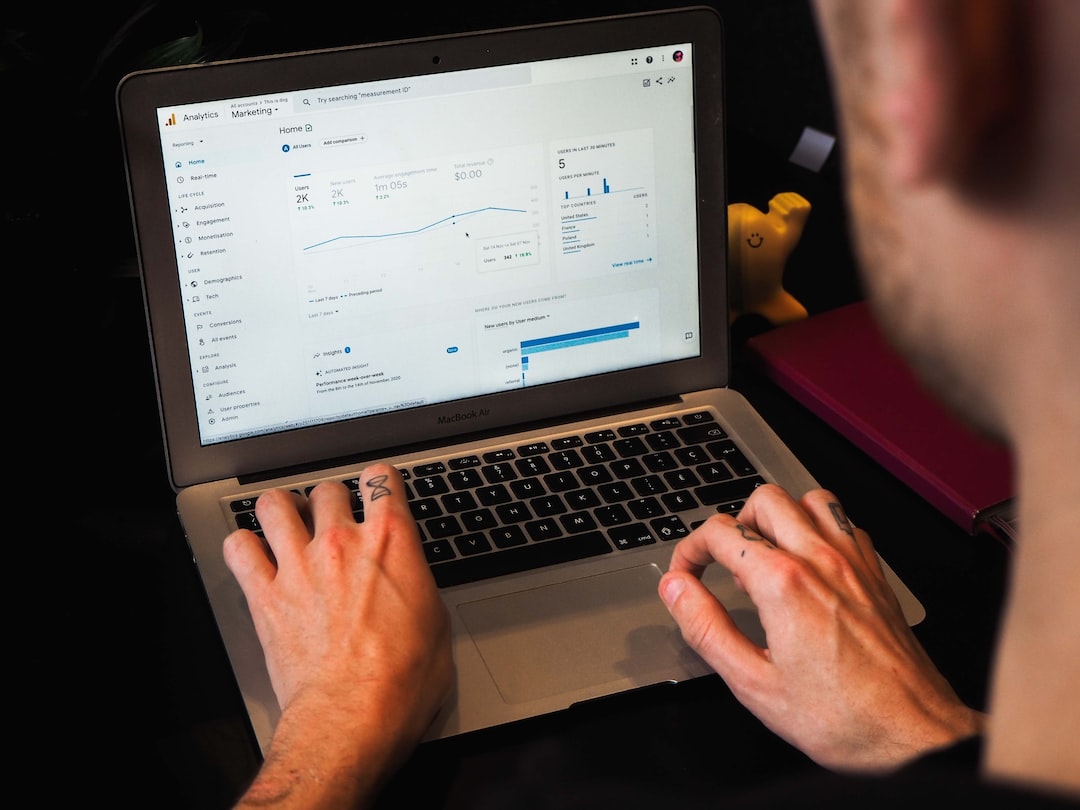No landlord wants to go through an eviction, but sometimes, it's the only course of action.
According to the eviction lab, there have been over 1 million evictions filed in the last 12 months. Dealing with evictions can be a troublesome matter for landlords and tenants alike, but the sheer number of filings speaks to the number of questionable tenants out there.
If you're new to the eviction process, we're here to help. Today, we'll give you some landlord advice for dealing with tenant evictions. There's nothing pleasant about it, but keep reading, and you'll be able to protect yourself and your investment from delinquent tenants.
Tenant Evictions in Minnesota
Every state has its own eviction laws that landlords must abide by. You have to follow due process, and if you skip any steps, your eviction could be stymied.
The most common reasons for eviction in Minnesota are unpaid rent, lease violations, and illegal activity. To protect yourself, it's important to outline what may lead to an eviction in the lease agreement with your tenant.
Communication Is Key
Before you file an eviction, you should always try to reason with your tenant. You don't want to jump straight to eviction at the first sign of trouble. Instead, it's important to try and understand where your tenant is coming from and why they've done what they've done.
For example, if your tenant is late on rent for a few months, try talking to them to figure out why it's happening. If you've got a tenant causing damage to the property, give them a chance to fix it before serving the notice.
Showing patience now will only bolster your eviction case down the road. You could also charge a security deposit to give yourself some insurance against common tenant problems.
Filing the Eviction
When you can't get through to a tenant, the first official step in the eviction process is to file a complaint, but before that, you need to let the tenant know your plans. This is a bit different in Minnesota than in other states, where you'd just post a quit notice.
Here, you start by filing a complaint with the municipal court. In it, you'll state the name of the tenant, the address of the property, and the reason for the eviction. You'll then get a summons from the court, which you give to the tenant, letting them know that you've officially taken legal action.
In the summons, the tenant will be given a date for the trial. At the trial, your responsibility is to prove that you deserve to retake possession of the unit. This is where keeping evidence of the tenant's transgressions throughout the process will come in handy.
If you're successful, you'll pay to get a notice of eviction. The tenant will have between 24 hours and 7 days to vacate the premises.
How Property Management Can Help
There's no denying that tenant evictions can be stressful. Ideally, you'll never have to go through one, but even the best screening practices won't guarantee great tenants.
It can be helpful to hire property management services to help you navigate this process. At PMI Lakeshore, we specialize in helping Duluth landlords manage all aspects of their properties. To learn how we can help you deal with evictions, contact us today.


